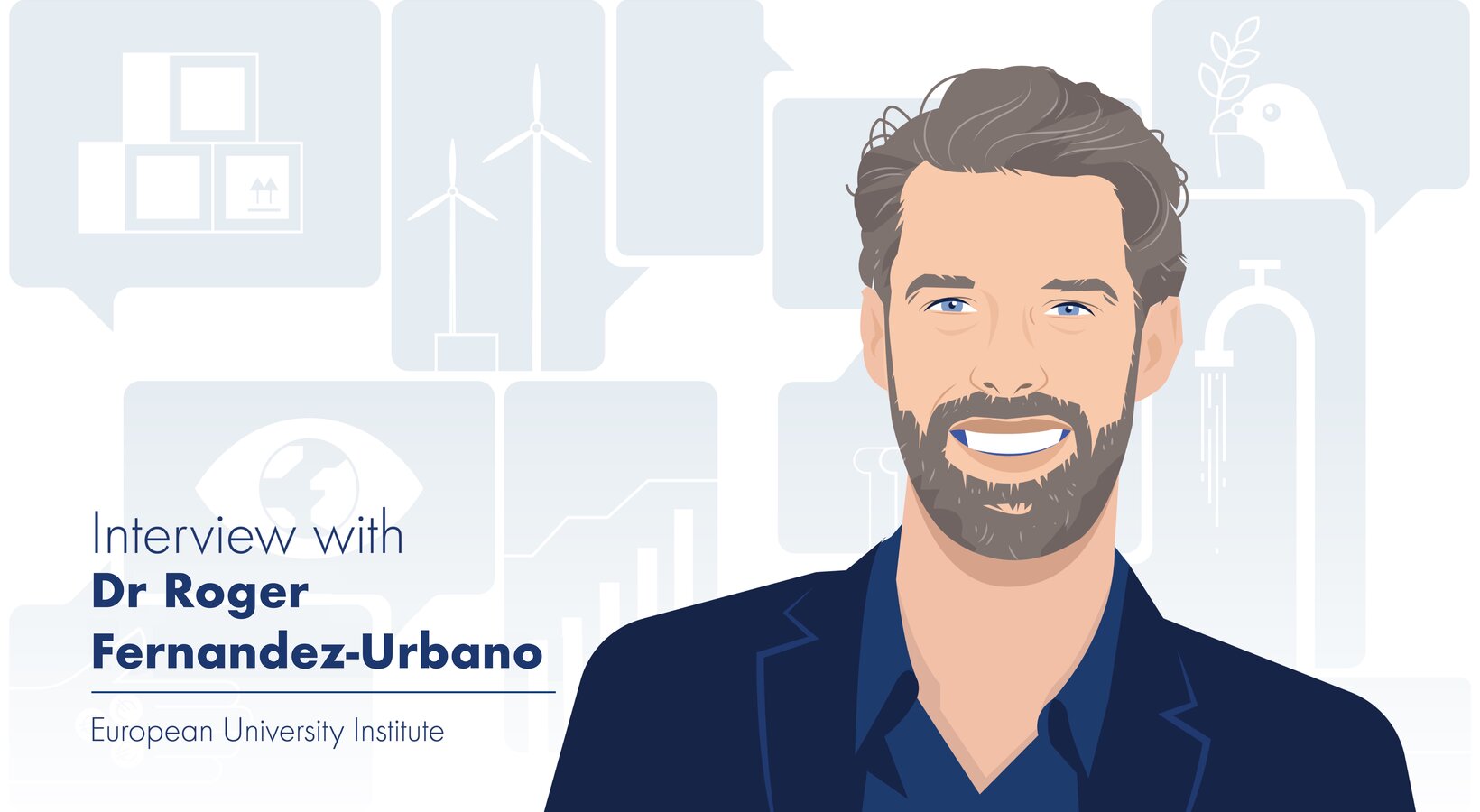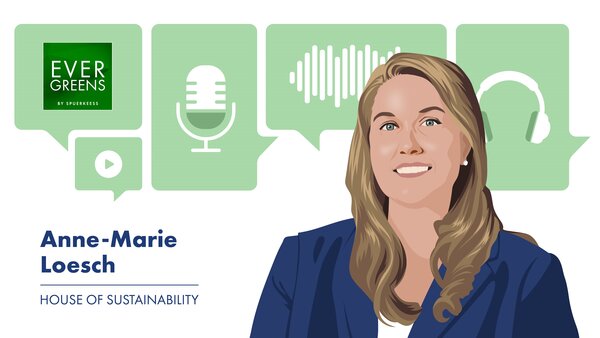First, I would say that ‘happiness’ is the marketing term and it’s virtually impossible to be ‘full-time’ happy either in its hedonic (intense joy) or evaluative (contentment) version. What we should aim to maximize is our subjective well-being, even if researchers often use the terms interchangeably.
Second, we should also differentiate between components and determinants of subjective well-being. When it comes to the former, according to positive psychology, it consists of five main domains that can also constitute tips for happiness:
1) work to find positive emotions;
2) try to find as many moments of flow as possible in the different activities you do during the day;
3) cultivate meaningful relationships with those around you;
4) try to stop and think about your meaning and purpose in life; and
5) celebrate each one of your accomplishments, even if they are small.
When it comes to the determinants of happiness empirical research has shown that the most important determinant apart from income is having a stable job. According to Jahonda’s (1982) deprivation theory being employed in a stable job fulfils different positive psychological functions: the imposition of a time structure, social contacts, participation in a collective purpose, status and identity, as well as compulsory regular activity.
It is also interesting to notice that although the value of work for individuals has remained stable over time, workers are applying increasing importance to the ‘social’ aspects of it, such as the real value their employment brings to society. By contrast, being unemployed, severely ill or disabled, living in a dictatorship or experience big income inequalities are the most detrimental to individuals’ happiness.
As you said, in this globalized work, with increasing inequalities, labour market uncertainty, political polarization, climate change and increasing divorce rates it may seem challenging to pursue these facets, but in comparison with any other period in history, it is worth remembering that we have never had so many opportunities to achieve happiness and been able to create an ‘art of living’.
![[Translate to English:] [Translate to English:]](/fileadmin/_processed_/4/4/csm_alexandra-kugener_7694260efa.jpg)

![[Translate to English:] [Translate to English:]](/fileadmin/_processed_/f/2/csm_michel-marx_54d2966b86.jpg)
![[Translate to English:] [Translate to English:]](/fileadmin/_processed_/f/7/csm_arnaud-duban_87d7d42d9b.jpg)

![[Translate to English:] [Translate to English:]](/fileadmin/_processed_/4/7/csm_438_EXP_Julien_Kohn_Spuerkeess_9001fc61ae.jpg)
![[Translate to English:] [Translate to English:]](/fileadmin/_processed_/c/3/csm_437_EXP_David_Schmit_Spuerkeess_6beedf10c9.jpg)
![[Translate to English:] [Translate to English:]](/fileadmin/_processed_/6/7/csm_433_EXP_Francesco_Ferrero_LIST_31171ca1b1.jpg)
![[Translate to English:] [Translate to English:]](/fileadmin/_processed_/d/1/csm_434_EXP_Nicolas_Griedlich_Deloitte_f84788af86.jpg)
![[Translate to English:] [Translate to English:]](/fileadmin/_processed_/0/d/csm_435_EXP_Rachid_M_haouach_Spuerkeess_6aout25_4132487c59.jpg)


![[Translate to English:] [Translate to English:]](/fileadmin/_processed_/9/7/csm_426_EXP_Romy_Reding_Spuerkeess_28mars25_f6a6df7a8f.jpg)